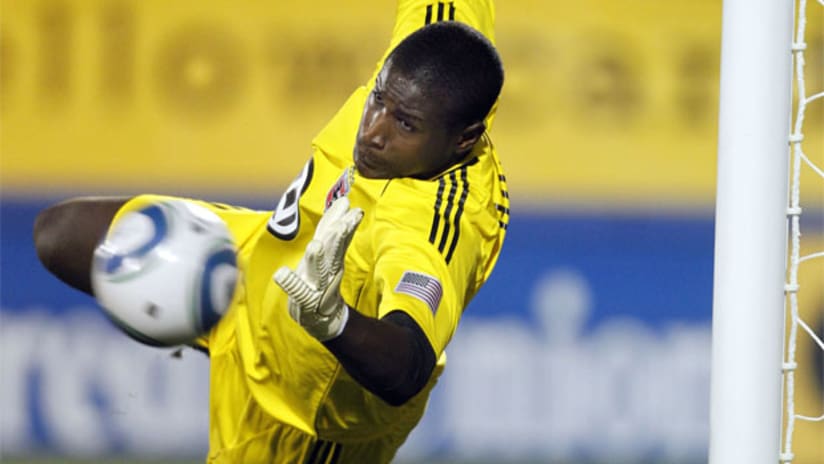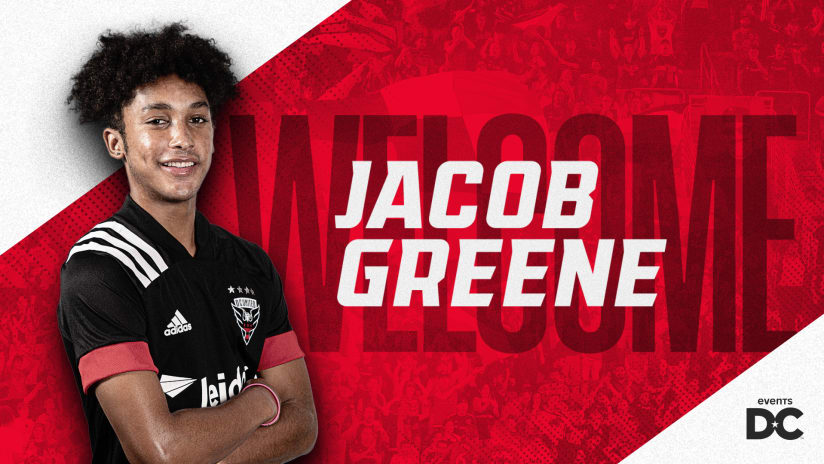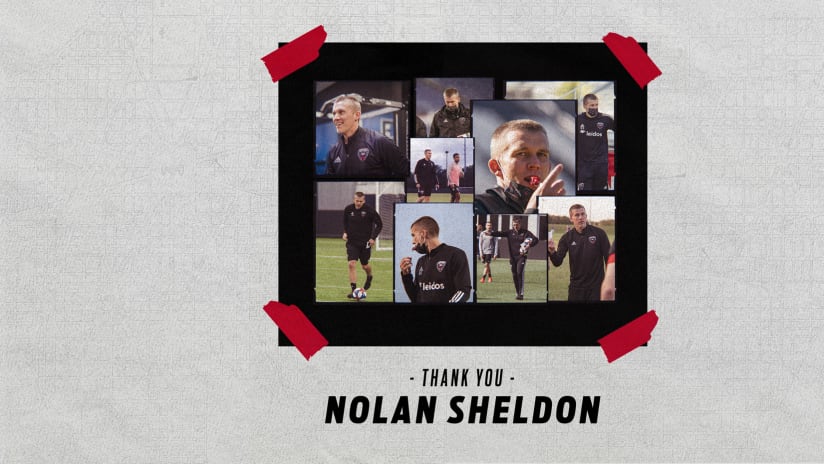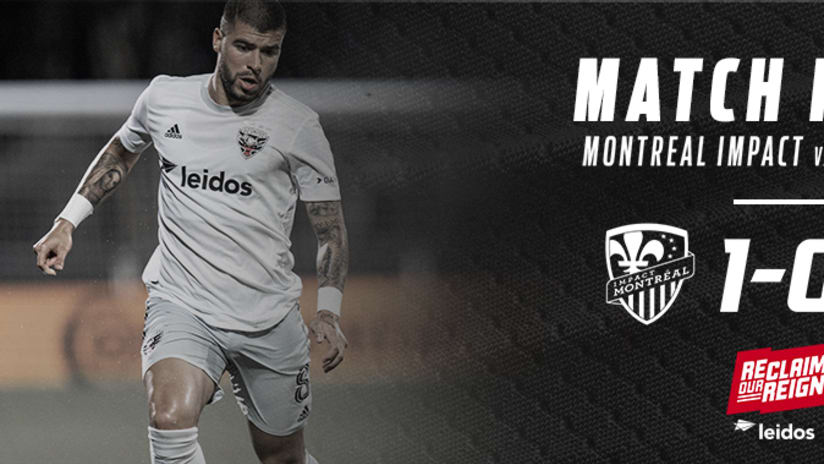With U.S. Open Cup play front and center in the minds ofD.C. United’s staff, training sessions have taken an interesting turn over thelast week. Instead of ending practicewith a drill, Ben Olsen’s charges have been preparing for a situation the second-yearcoach admittedly wants no part of.
Penalty kicks.
“Hopefully it doesn’t come down to that,” he saidMonday. “Hopefully we can do thejob before that.”
Olsen’s apprehension over seeing a match decided from thespot is understandable. Much hasbeen made of the randomness of penalty kicks, as detractors claim the shootoutis an unjust, and often inaccurate, way of determining which side advances. Olsen’s players agreed with theircoach, but wouldn’t deny the tantalizing drama of soccer’s ultimate tiebreaker.
“I’d say it is definitely up there at the top,” PerryKitchen responded when asked where penalties rank in the pantheon of pressuresituations in sport. “It dependson the game as well, penalties in a Champions League or World Cup final arepretty intense.”
The dreaded shootout couldn’t be avoided when theBlack-and-Red met their fourth-round opponent in Open Cup play a year ago. On the same Maryland Soccerplex fieldwhere they’ll meet Tuesday night, D.C. and Philadelphia remained tied after 120minutes of a play-in match last April. United converted all four of its penalties and Bill Hamid played hero bysaving Roger Torres’ blast.
“They were kind of predictable last year,” Hamid said whiledescribing the shootout that saw D.C. advance and Philadelphia eliminated fromthe 2011 Open Cup. “If they arenot predictable, it is difficult to save. You can tell a lot by the guy’s body and his approach as to where he isgoing.”
Hamid’s former D.C. United Academy teammate, Andy Najar, wasone of the players that converted from the spot in last year’s shootout. The teenager admitted to some nerves,but now knows what to expect should the pressure-packed situation come upagain.
“In the moment you get nervous,” Najar acknowledged in aSpanish-language interview. “Butit passes quickly, and then you are just 1-on-1. You have to have ice in your veins and put it in.”




